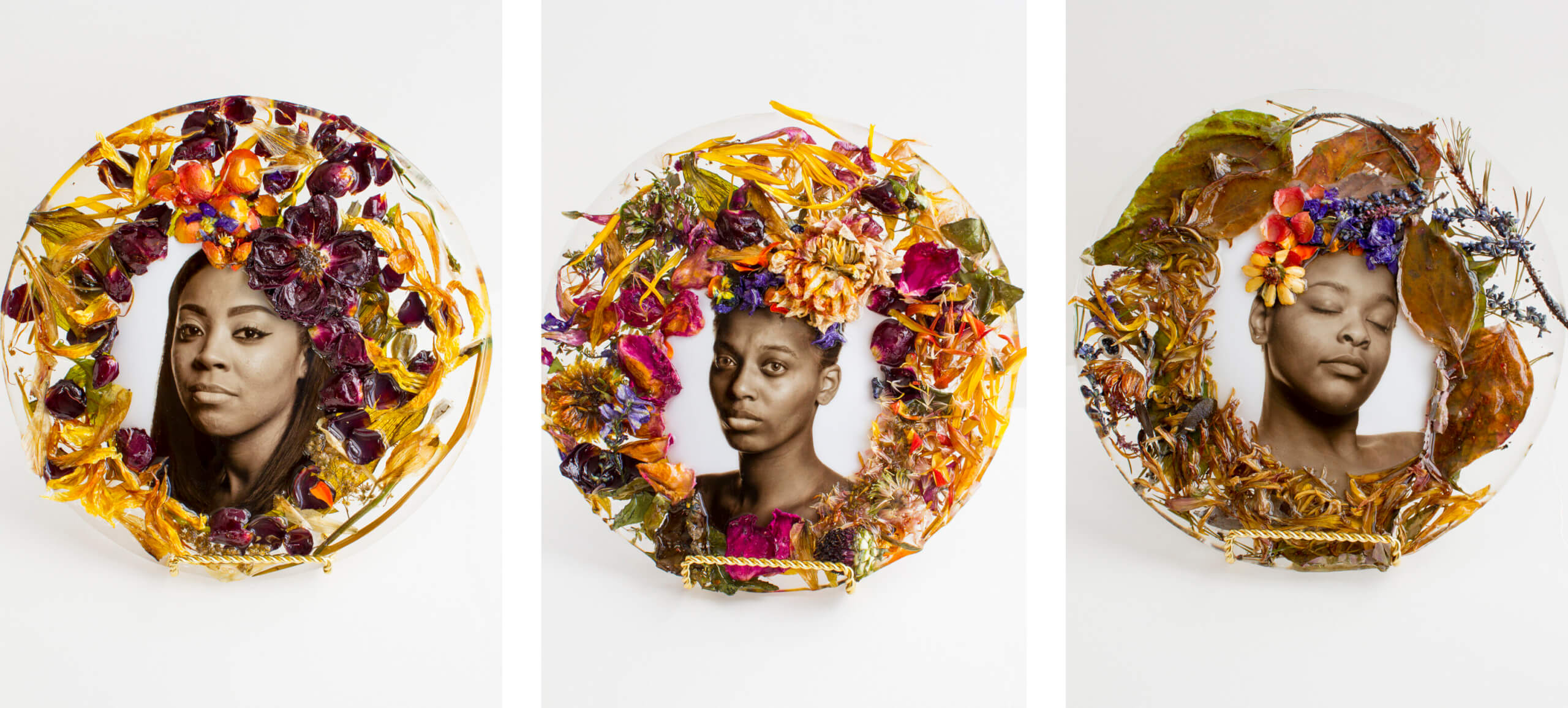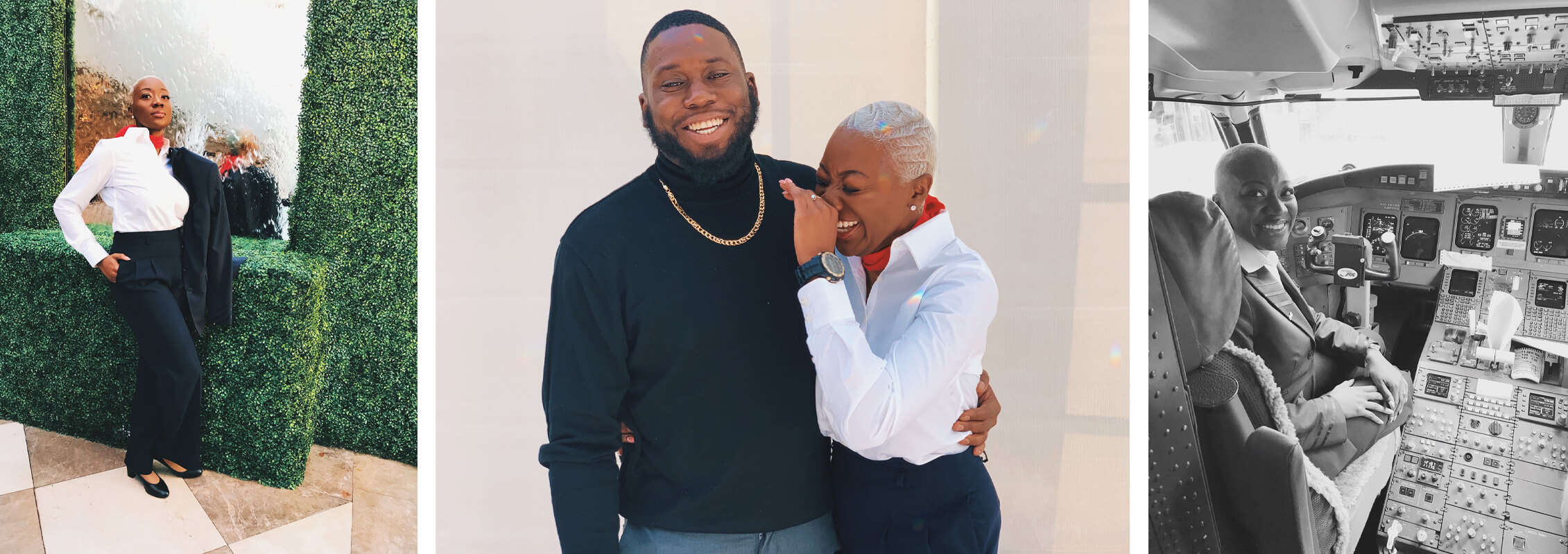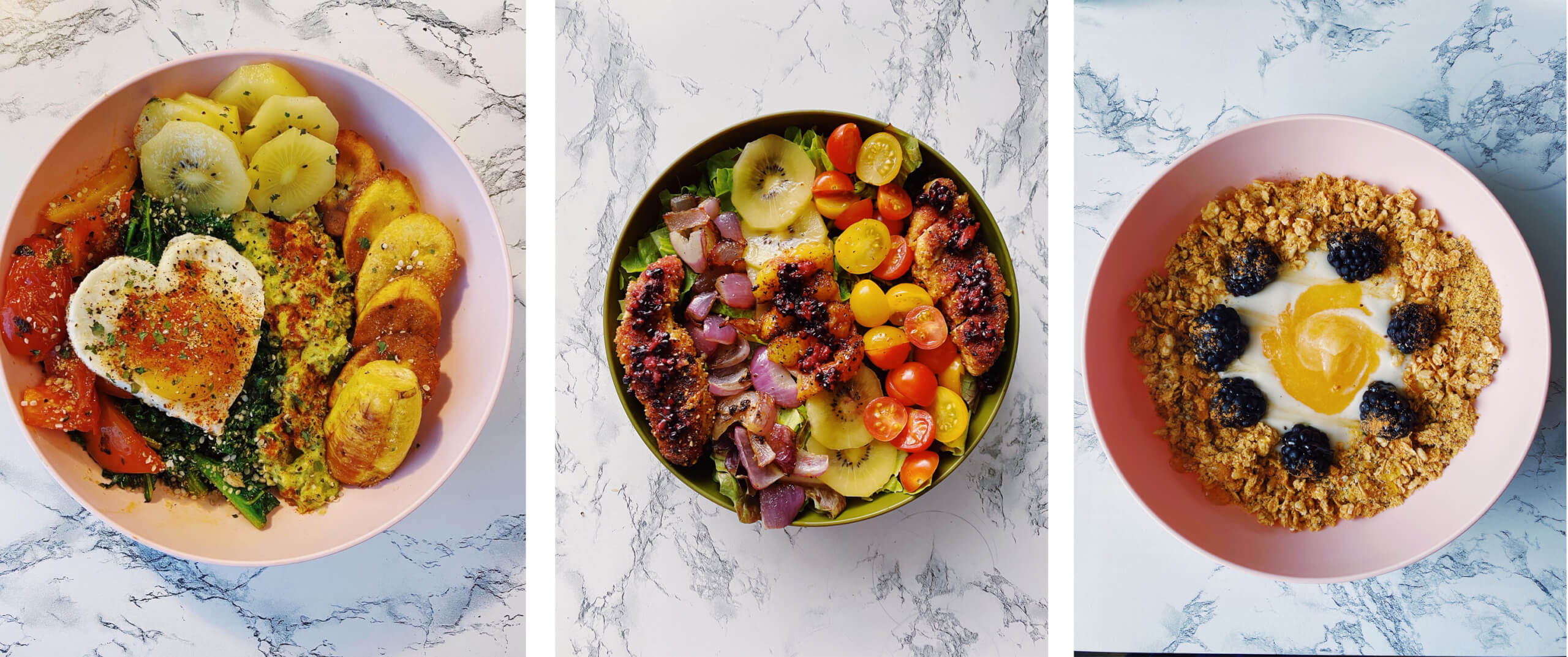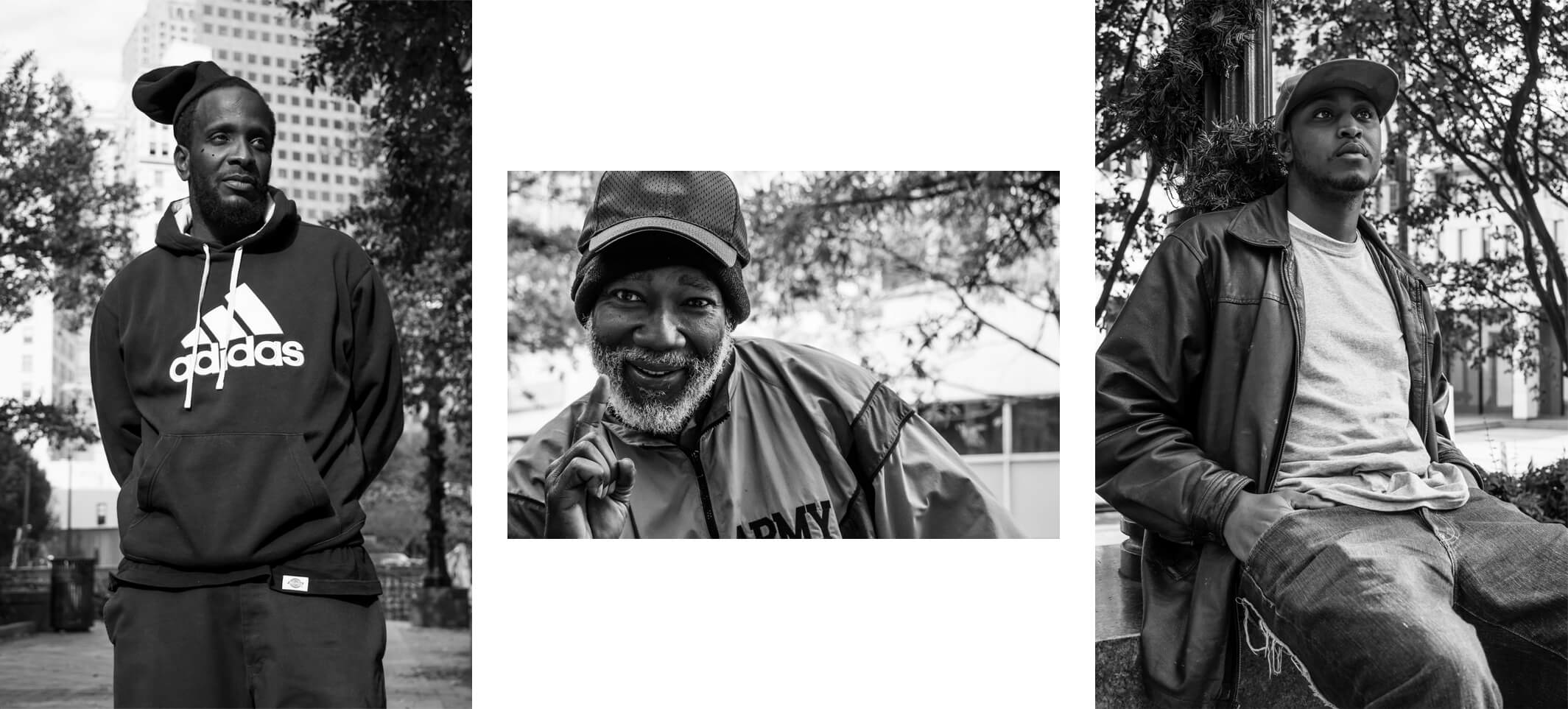This article is part of the ongoing Good Thinking Profile Series that celebrates the work, life, and contributions of Good Thinking team members, contributors and volunteers.
Symone Walker is a photographer, traveler, writer, and, recently, flight attendant. She first collaborated with Good Thinking on the 2014 Atlanta Ronald McDonald House capital campaign to raise money for a second House in Atlanta. Mission accomplished. Symone’s intelligence, grace, and ease are part of her value to us as colleagues and friends. We met with her to discuss her life, work, and thoughts on the pressing issues of the day, particularly the #BLM movement. Her words are breathtaking in their honesty and insight.
“Being Rich in Color is a Gift”
GTA: Caroline Randall Williams, a poet and professor at Vanderbilt University, penned an essay in the New York Times entitled “You Want a Confederate Monument? My Body is a Confederate Monument.” The first sentence of Ms. WIliam’s essay is:
“I have rape-colored skin. My light-brown-blackness is a living testament to the rules, the practices, the causes of the Old South.”
How has Ms. Williams’ essay affected you? Can you relate to her experience?
Symone: This essay affected me in ways I didn’t expect. My complexion is deemed threatening, while hers was created through threatening actions. Her pain and struggles are different yet similar to mine because of Colorism. There is a hierarchy of pain when it comes to skin color in my community—it is enough to drive you mad.

Oh, How She Blooms! Ill series: Briahn, Le’Andra, Leah
Colorism in the black community is prevalent and heartbreaking to experience. It is an emotional and psychological battle with unlimited soldiers. Caroline battles the juxtaposition of being “white passing,” a term I dislike, and knowing her lighter complexion is rooted in darkness. I’ll never be able to fully relate to her daily trauma and struggles because she is awarded higher privileges than her darker counterparts—privileges she never asked for. Our bodies are living testaments and artifacts of the history society paints over with false idols. I am the great granddaughter of a biracial great grandmother. I will never deny that part of myself, regardless of how brown my skin is. I have experienced the “you’re pretty for a dark skin, girl” growing up, and for many years it made me insecure. It wasn’t until I saw representation and positive reinforcement that I realized being rich in color is a gift.
“The South Is Where I Was Watered”
GTA: Tell us about your family, your relationship with them, where were you born, where you were raised, and please share names of teachers whose impact shaped your life.
Symone: I was born in Riverside, CA on a military base and raised in Redlands, CA, but the south is where I was watered. When my dad’s base shut down, I was three years old. We relocated to Montgomery, Alabama where we lived for seven years until my dad’s retirement from the US Air Force. In Montgomery, I attended Morningview Elementary where, though you might find it hard to believe, I enjoyed the best years of my childhood. Growing up on the base exposed me to all ethnicities of friendships. I loved it. I didn’t have just one demographic of friends, I had many. It was beautiful.

Dad and I in Montgomery after church, at about four years old | My father receiving a medal | My Dad and I at my brother’s wedding
When moved to Georgia I experienced unfamiliar darkness—racism and self hate. I was entering 4th grade, at Sanders Elementary. Later, I attended Garrett Middle and South Cobb High. These school experiences were different from what I knew and where I realized the rich blackness of Georgia—and my lack of relatability to it.
“To Love Liberty and Culture”
I grew up in a two-parent Caribbean household. I am one of four, the middle child of three girls and one boy. My mom and dad raised us to be good human beings. Our household was definitely Christian based, but my parents never stifled us and were never too strict. They taught us to love liberty and culture. It was tough sometimes having a military man as a father. He was an immigrant from Trinidad. I now understand the reasoning behind things he said and values he instilled in us.

My brother Pat with his wife Kryston and my nephew Braylon | My siblings before or after church -left to right: Tiesha, Lisha, Pat & Me | My sisters and I over a holiday weekend -left to right: Tiesha, Me, Lisha | My Abuela, my mom’s mother | Getting ready for Carnival and representing my Trinidad roots
My mom’s family is a melting pot of ethnicities—Jamaican, White (British), American, and Cuban. I loved both sets of grandparents; my grandpas are no longer physically orbiting with me and I miss them but I am thankful to still have my two “Firestorms,” the women I call my Granny and Abuela. Granny is Trinidadian, very strict and structured. She hasn’t lost her touch. Abuela, on the other hand, is my feisty but gentle grandmother.
“I Knew Nothing But Her Beautiful Smile”
There were many educators who played a role in shaping me into the woman I am today. Mrs. Walker (kindergarten), Mrs. Dean (3rd grade), Ms. Simmons (8th grade), Coach Langlois (9th grade), Coach Gwynn (high school), and Mr. Williams (high school) all made everlasting touches to my heart and life. I think about Mrs. Dean and how she meant everything to me. I cherish her the most because she’d tell people I was like a daughter to her and I, in turn, loved her like a mother. Yes, she was a white woman, but I knew nothing but her beautiful smile, hugs, and heart. She committed suicide when I was 8. The pain I experience because of this I will never fully shake.

Me and Gabby in Miami on her 30th birthday. She’s my soulmate. | With Teresa and Peter in Tulum, MEX for Peter’s birthday | With my mentor/big sister Leticia out for a night of bowling | My best friend Aysia and I on her 25th birthday-our first photo together ever, after all these years
GTA: What drove you towards a life of artistic expression? How have you adjusted to the evolution from full-time photographer to full-time flight attendant?

Flight attendant graduation | Me and my best friend (basically my brother) Eric after my flight attendant graduation. He took 3 flights just so he could pin my wings on me. | In the flight deck after my first week of flying
Symone: My mom encouraged my talents in art. In elementary school she’d see me playing around with graphic arts software and tell me I should have a career in it, but it was in high school my dad gave me his film camera and I realized ‘this is who I am’. The new-found liberty I have with traveling for an airline has broadened and deepened my love for creating art.
“Seeing Something that Wasn’t Visible”
I found working at a desk suffocating; I had no desire to work, no inspiration to create, but my work as a flight attendant provides a vivid picture that has renewed my creative impulse. On board the plane I’ve learned to practice patience and accept passengers’ behavior as less to do with me and more to do with them (sometimes). I have gained compassion and become more gentle. I’ve had passengers hug me, thank me, and cry with me for just noticing them, for seeing something that wasn’t visible. It may surprise you, but I did not always put these qualities to use when I was focused on photography. Aviation work has deepened my interpersonal skills and helped me see I am more of an empath and more outgoing than I knew.
“There’s a Lingering Fear”
GTA: Do you carry your camera when you fly and use it during long layovers?
Symone: Would it break your heart If I said I never leave my hotel on layovers? I often find myself in small towns and cities where I don’t feel comfortable venturing out. There’s a lingering fear that I’ll take that step one day and that’ll be the last step I make.
For the first time, I recently left my hotel to go running because the hotel gym was closed. I made sure to smile and wave at the locals I passed, and I kept my headphone music low to be aware of my surroundings. It’s unfortunate that I have to take such precautions, but it’s my reality, you know? You learn to adapt and live with it.

I’ve been vegetarian and occasionally plant based for the past 3 years and have enjoyed cooking and sharing recipes with friends
GTA: Beyond photography, what other ways do you exercise personal expression?
Symone: Writing and being more vocal have become enjoyable processes again. I use music and poetry to share stories about love and misfortune. I use social media to start discussions between genders and ethnicities, something I’ve been gravitating towards over the past couple of years. I look to create safe spaces for people.
“I Would Never Trade the Experience”
GTA: You attended SCAD. Do you have regrets over the time and money you invested there?
Symone: In my senior year I was offered an opportunity to open an interior design studio for a New York design firm. Being the wanderlust fairy I am, I dropped out and booked a one-way ticket. While I have some regret for not finishing at SCAD (and the money spent on me to attend the school), I would never trade the experience and opportunities I had there. New York was a necessary part of my journey; there I found friendship, self love, and figured out who I truly was—and was not. That experience shaped the future I now call my reality.
“This Time It’s Our Time”
GTA: Please share your thoughts on the movement ignited by the murder of George Floyd. Do you believe the passion unleashed will lead to real, lasting change in our society?
Symone: George Floyd’s murder was another heavy weight added to the bag of bricks I carry. I have a black father, brother, nephew, and male friends. Will they be next? Such thoughts are disheartening and nerve-wracking, but I believe Floyd’s murder broke the proverbial camel’s back. Enough is, finally, enough. Will this lead to pacifying change—or radical change? I need radical change. The Black community is not asking for slogans painted on streets or holiday pay; we are demanding dismantlement and defunding of institutions and policies that have long harmed our community. We built the foundation upon which this nation stands.
“Defunding” the police means putting money towards community change, not towards military grade weapons and gear for cop parades. George Floyd’s murder lit flames that cannot be subdued unless REAL systemic change, reparations, and reformation take hold. We have fought this war for more than 400 years. Yes, longsuffering and patience is instilled in our veins so we’ve got time—not time for further postponement and denial, but time for atonement and reckoning. This time it’s our time.
GTA: What advice do you offer white friends and colleagues on how they may help advance the change your community demands?
Symone: I honestly don’t have all the answers. It’s indoctrination we must undo. My ex-boyfriend is white; it was exhausting trying to make him understand my trauma or to accept his own internalized racism (he is a Trump supporter). Our conversations were often helpful. Some days he got it but other days he’d crawl back into his bubble of privilege and ignore reality. I learned a lot from him; I hope he learned a lot from me for the sake of his heart.
“This Is Not Just Our Fight—It’s Everyone’s”
It’s about the desire to actively change yourself. To learn and unlearn. To do your due diligence. To research, research, RESEARCH by tapping into the tidal wave of information suddenly available to anyone. The dark crevices of our society hide our painful secrets. Shine the torch of truth upon that darkness. The Black community cannot bear this burden alone. We need allies. We need millions of active-duty soldiers to join us. This is not just our fight—it’s everyone’s.

Nomads series: N.O., James aka Bo, Brandon
Symone Walker
www.symoneelena.com